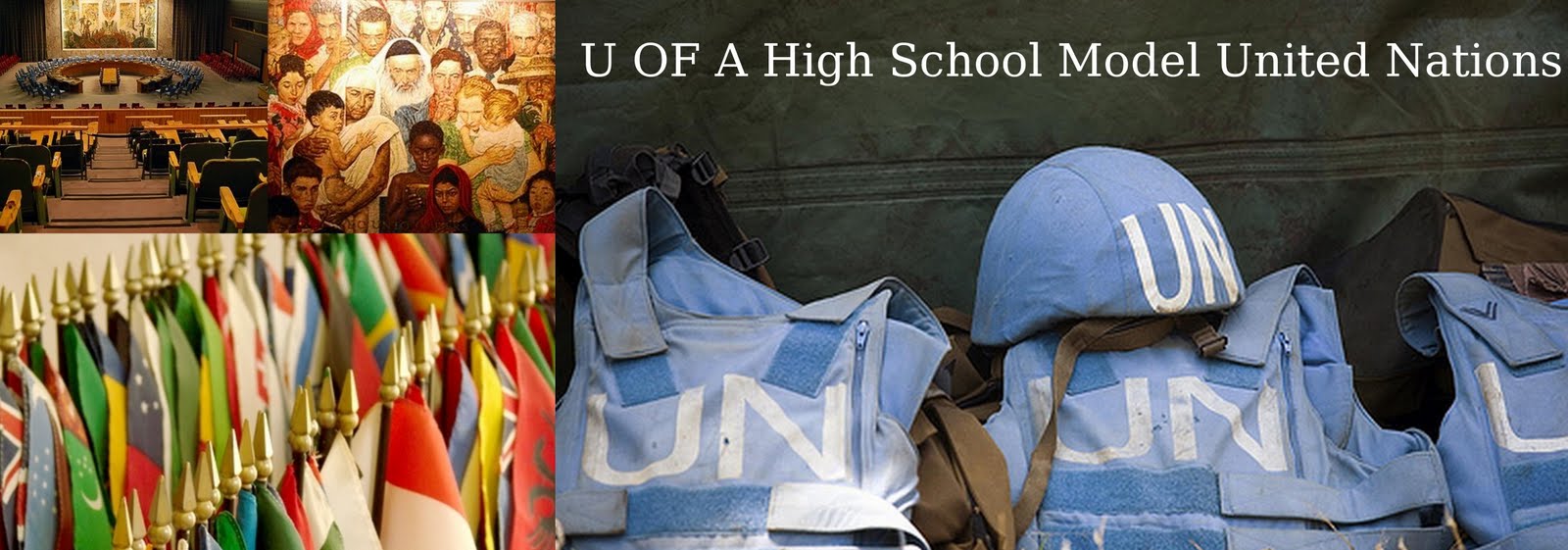Greetings!
Welcome to those dorky enough as me to be immensely interested in exploring the deeper roots of a topic and historical event that ties together so many important parts of current global affairs. For those who don’t know, the brand new Historical Committee proceedings of 2012 HSMUN will work on the formation of the state of Israel in 1947 at the United Nations, and as a way of helping delegates take away the most from this experience, it’s good to give you a primer on how to think about the subject. Exactly because it is an important contemporary topic, it is difficult for young people engaged with the world to not feel very strongly about this topic, in fact we encourage conviction, but it is also important that we keep in mind the key facts of how events developed, so we can have better insight to the challenges faced today. Our goal as the historical committee is to help young people interested in this topic to properly understand the historical context of Israel’s development so that their views are better informed to help build solutions in the present if one is so inclined to do so. The first step then is making sure when developing your positions that you keep in mind the historical roots of today’s circumstances. You should ask yourself:
- Where did states emerge from in history? Who had claims to rule over Israel Palestine at what point in time?
- Who were the lead actors? Who else played a role and what was their source of power or influence?
- What are the interests at stake for each side and how do these influence decisions made at the table?
- What decisions and compromises were made on the key days and what ‘horse-trading’ or trade offs were made and what did these deals result in?




No comments:
Post a Comment